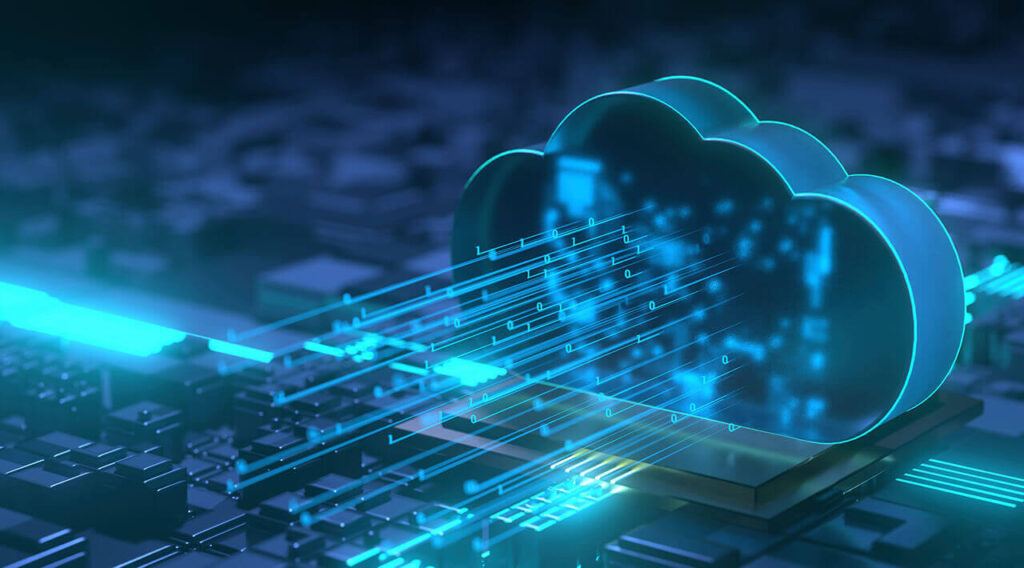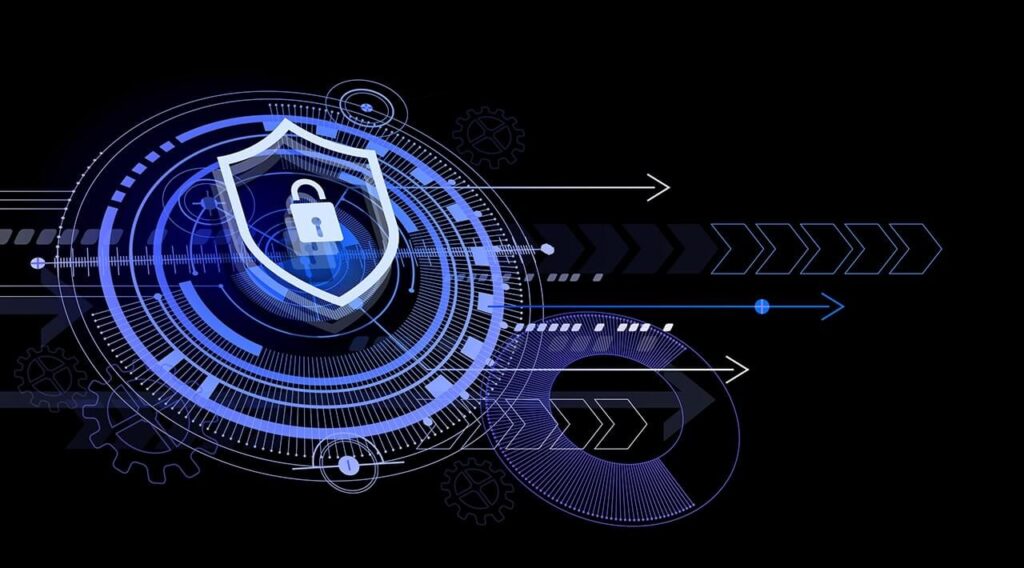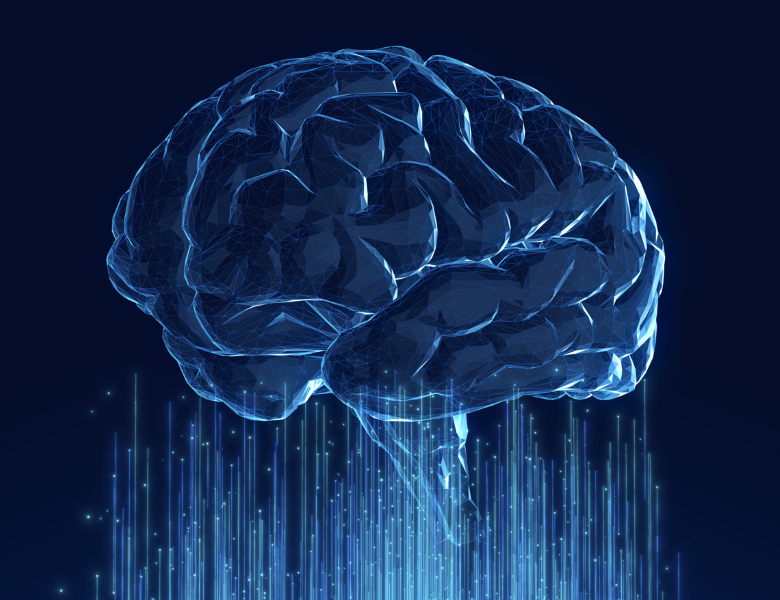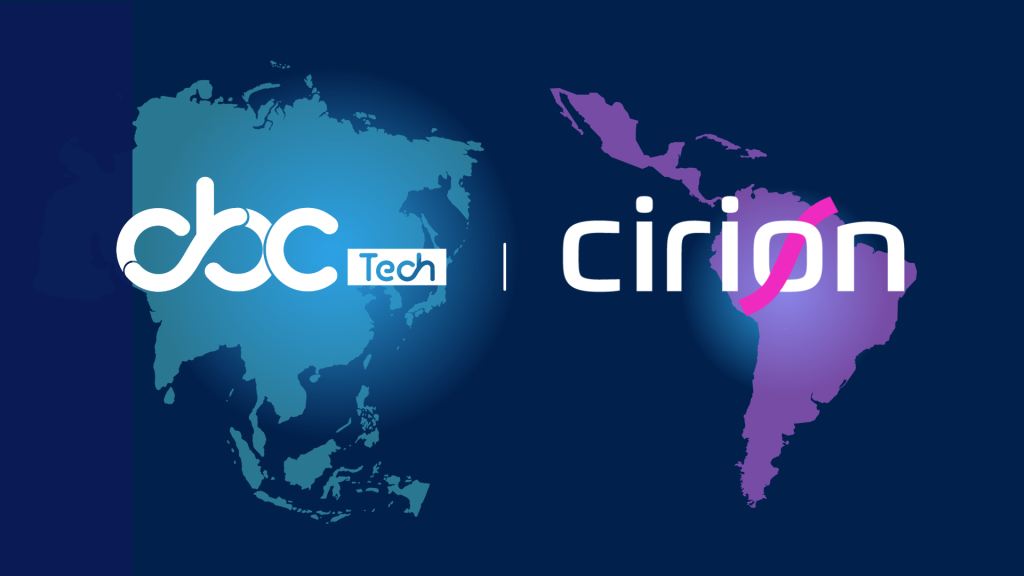Data Center Technological Evolution is one of the drivers behind the digital transformation of the last decade. From the boom of big data to the ubiquity of cloud services, data centers have been the pillars supporting today’s vast digital ecosystem. In this scenario, we should ask ourselves where we are and where we are heading in terms of data center technological innovation.
Nowadays, data centers are characterized by their complexity and efficiency. The adoption of hyper-converged architectures is a breakthrough, since computing, storage and networking are integrated into a single solution. This integration enables easier management and greater flexibility to scale resources as needed, which is vital in an environment with an exponential growth for data processing demand.
Furthermore, sustainability has emerged as a priority. Data centers are massive energy consumers, and companies are under pressure to reduce their carbon footprint. Infrastructure design innovations, such as renewable energy use and more efficient cooling systems, are changing the way these technology giants operate. Projects that use cold ocean water for cooling or seeking to replace non-renewable energy sources with renewable ones are examples of how the industry is looking for creative and ecologically responsible solutions.
This is related not only to the here and now but also to the future, since two trends promise to further revolutionize the landscape: artificial intelligence (AI) and edge computing.
AI is starting to play a critical role in data center management.
AI-based tools can predict hardware failures, optimize power consumption, and improve security through pattern analysis and anomaly detection. This efficiency not only reduces operating costs, but it is also a significant contribution to sustainability as well.
Edge computing, on the other hand, represents a deviation from the traditional centralized data center model. By moving data processing closer to the generation source, latency is reduced, and performance is improved for critical applications such as autonomous vehicles and the Internet of Things (IoT). This decentralization calls for new approaches to infrastructure and security, but it also opens the door to an era of faster, more personalized services.
And with greater volume and movement, risks move accordingly. This is why security remains a central concern. As data centers manage greater volumes of sensitive information, they become more attractive targets for cybercriminals. Implementing AI can help detect and mitigate threats, but it also introduces new attack vectors that require constant surveillance.
For this reason data management ethics is an issue that must not be overlooked. Regulations such as GDPR in Europe are important steps towards protecting user rights, but companies must go beyond regulatory compliance and implement an initiative-taking stance on ethical data management.
All these topics are part of the Data Centers current agenda. That is why we say that technological innovation in data centers is at a breakeven point. Current trends, such as hyper-convergence and sustainability, have laid the foundation for a future where AI and edge computing will play key roles. However, security and ethical challenges must be addressed seriously to ensure that this evolution is both beneficial and responsible.
As we move toward smarter, more autonomous data centers, the opportunities to transform entire industries are immense. The key will be how we manage this transition, balancing innovation with responsibility and commitment with a sustainable future. If we do it right, data centers will not only support our digital world; they will drive it to new frontiers of possibility and progress.

Author:
Nelson Fonseca
President, Data Centers
Cirion Technologies










